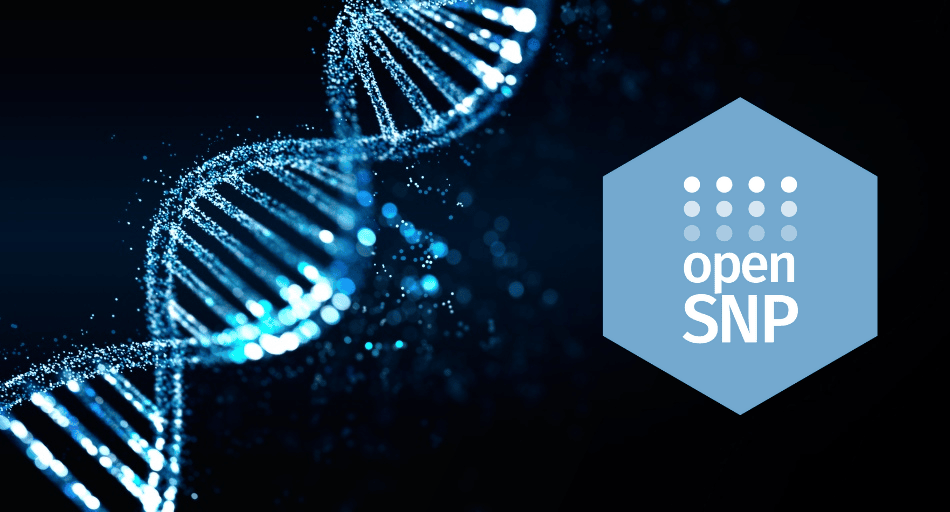
OpenSNP, a decade-old open science platform that allowed users to publicly share their genetic and phenotypic data, will officially shut down on April 30, 2025.
All user-contributed data will be permanently deleted, marking the end of one of the most prominent grassroots efforts to democratize access to human genomics.
The shutdown was announced by co-founder Bastian Greshake Tzovaras in a personal retrospective. He cited both philosophical and pragmatic reasons for ending the project, including the bankruptcy of 23andMe — a development that has severely limited the future utility of the platform — and a broader reevaluation of the risks of open-access genetic data in the current sociopolitical climate.
OpenSNP launched in 2011 as a radical alternative to the siloed data ecosystems of direct-to-consumer (DTC) genetic testing firms. Users could voluntarily upload their raw DNA data (mostly obtained from services like 23andMe), link it to phenotypic traits, and make it freely accessible to anyone. This made OpenSNP one of the largest open-access repositories of personal genomic data in the world, widely used in academic research and education.
The platform was co-founded by Bastian Greshake Tzovaras, Philipp Bayer, and Helge Rausch, who maintained the project independently and on minimal funding — often below €100 per month — by avoiding cloud infrastructure and relying on virtual servers. OpenSNP consistently refused acquisition offers from biotech firms, law enforcement vendors, and even forensic DNA companies, staying true to its core principles. “We always made the promise of not selling openSNP or the data contained within it, and we have kept true to that,” wrote Greshake.
The timing of the shutdown announcement comes just days after 23andMe filed for Chapter 11 bankruptcy protection, triggering new concerns over the fate of genetic data from over 15 million customers. The company is attempting a court-supervised asset sale while claiming that no immediate changes will occur in data handling. However, privacy advocates warn that sensitive DNA profiles could become part of a commoditized asset sale, especially given the inconsistent protections offered by U.S. law for consumer genetic data.
23andMe's financial collapse also has direct implications for openSNP: the majority of its data originated from users who received their DNA files from 23andMe. With that pipeline now effectively cut off, future contributions have become increasingly unlikely. More importantly, trust in how genetic data might be used — or misused — has eroded over time, especially as law enforcement and private companies have begun using genealogy databases for forensics and “DNA phenotyping,” practices widely criticized as pseudoscientific and ethically fraught.
The shifting risk-benefit equation of sharing such data, according to Greshake, now tilts in favor of privacy. “The risk/benefit calculus of providing free & open access to individual genetic data in 2025 is very different compared to 14 years ago,” he wrote. “Sunsetting openSNP – along with deleting the data stored within it – feels like it is the most responsible act of stewardship for these data today.”
Over its 14-year run, openSNP contributed to several high-impact research efforts, including a community-led replication of a controversial Chronic Fatigue Syndrome study. That replication revealed that the original findings were likely technical artifacts rather than true genetic associations, showcasing the platform's potential for public, democratic scrutiny of scientific claims.
The closure also serves as a critique of current trends in open science infrastructure. OpenSNP operated without large-scale funding, venture capital, or institutional backing — in stark contrast to many initiatives that scale quickly only to become dependent on continuous funding. “These days, it seems like virtually every open science project is keen to rush towards applying for large amounts of funding to ‘scale up' their efforts,” Greshake noted, arguing that openSNP proved an alternative model is possible.
The closure of openSNP marks the end of an era in citizen genomics — one driven not by commercial incentives or institutional mandates, but by a commitment to openness, equity, and critical reflection on the politics of data. For many, its legacy will live on as both a cautionary tale and an inspiration for what grassroots infrastructure in science can look like.







Leave a Reply